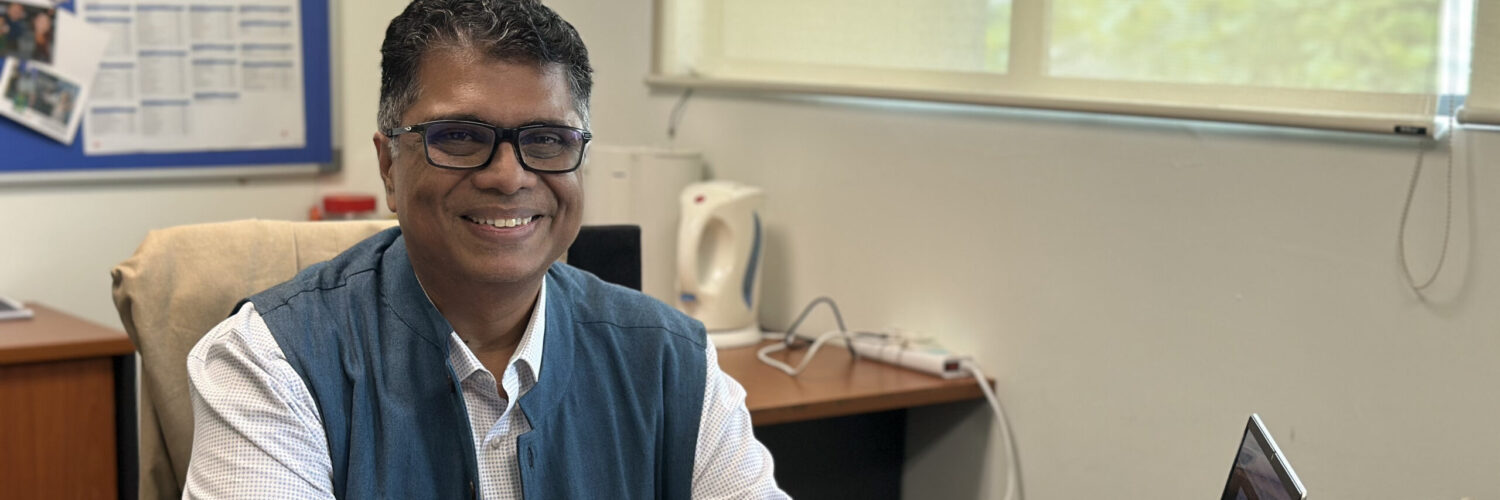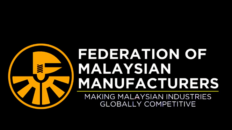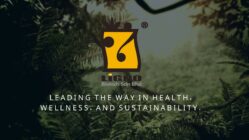Key Takeaways
- Sustainability Must Be Practical and Contextual for SMEs. While ESG is often viewed as complex, many Malaysian SMEs are already instinctively practising it.
- ESG Readiness is Uneven—but the Demand is Growing. SMEs face increasing pressure from global buyers to meet ESG standards.
- Empowering Through Education and Engagement. From developing tailored training to real-world consulting, academia can actively bridge knowledge and provide usefultools for SMEs to understand and adopt ESG practices better.
- Partnerships Are the Engine of Ecosystem Change. By collaborating with industry stakeholders, universities can contribute to a national sustainability agenda that empowers SMEs to make their businesses sustainable.
Tangible Sustainability
In Malaysia’s economic landscape, SMEs form the backbone of growth, contributing over 38% of GDP and employing nearly half the workforce. Yet, these businesses often struggle with integrating sustainability, accessing global markets, and managing generational shifts in leadership. Monash University Malaysia’s School of Business addresses these challenges head-on, where academic leaders blend rigorous research with real-world collaboration to drive meaningful progress.
“Creating real-world value for SMEs means understanding their unique challenges and co-creating solutions that align with their goals,” said Dr Mohan. “Co-creating means that we work with and alongside the SMEs and other partners to create solutions,” explained Dr Mohan.
Anchored in Monash’s global Impact 2030 Strategy, which prioritises climate action, thriving communities, and equitable economies, the Malaysia campus is positioning itself as an industry partner for SMEs navigating ESG adoption, innovation, and growth.
Impact Means
Monash Malaysia’s approach to impact goes beyond traditional academic outputs. While education and journal publications remain vital, the university also emphasises measurable societal change. “It isn’t enough to publish a paper, for example, on SME growth strategies,” explained Dr. Mohan.
“We ask: Has a business applied these insights? What improved as a result? How can we do more to change the way things are done? And we work together—as a team and with industry—to answer these questions.”
Dr Avvari V. Mohan, Professor and Deputy Head (Engagement & Impact), Monash University Malaysia, School of Business
Interdisciplinary collaboration plays a crucial role in this impact-driven approach. Dr Mohan pointed to the research conducted by colleagues in the university’s Economics Department, which showed that women micro-entrepreneurs with a growth mindset are likelier to think technology is easy to use and, therefore, have a higher propensity to adopt e-commerce for their business.
Based on this research, the team, in collaboration with Amanah Ikhtiar Malaysia (AIM), developed a tailor-made training curriculum for B40 women microentrepreneurs targeting the microloans clients of AIM, improving their business outcome and access to finance. “Impact means bridging academic expertise and real-world needs,” said Dr. Mohan.
In October 2023, the Monash Business School spearheaded a landmark symposium with Alliance Bank Malaysia and the UN Global Compact Network Malaysia & Brunei (UNGCMYB). The event brought together about 40 SMEs to explore ESG adoption and strategies, moving beyond surface-level discussions to meaningful engagement.
“We avoided tokenistic panel discussions,” said Dr. Mohan. “Instead, we designed small group engagements led by Monash facilitators to unpack pain points.” The insights were revealing. While some urban SMEs in Klang Valley and Penang displayed relatively advanced ESG awareness, many businesses struggled with sustainability concepts.
Adopting sustainable practices posed a host of other problems. Global buyers, such as Walmart, increasingly require suppliers to meet ESG standards, prompting companies like snack giant Mamee to rethink their production strategies, including relocation, to reduce their carbon footprint.
One of the most eye-opening case studies came from Gary Gan, founder of Hexa Foods, a Klang Valley-based food manufacturing company. Not one of the initial adopters of ESG, Hexa Foods, among others, has initiated the adoption of digital technology, alongside sourcing its ingredients from local farmers to reduce its carbon footprint while uplifting rural communities.
“This engagement provided insights that are now guiding the Monash team in framing success stories into industry benchmarks and best practices,” emphasised Dr Mohan. Dr Mohan informed that The School of Business has now worked with Alliance Bank as a knowledge partner to conduct a more extensive country-wide study on SMEs and ESG leading to a report titled “The Path to Sustainable Impact – Sectoral Insights of Malaysian SMEs”.
For a Stronger Ecosystem
Industry and academia each play distinct roles but share a common ground as stakeholders in the ecosystem. Dr Mohan believes collaboration works best when each party does what it does best. For Monash Malaysia, that means championing various research pathways that drive real-world impact. Dr. Mohan highlighted the following pathways:
- Foundational Research expands knowledge on fundamental principles to lay the groundwork for future innovations.
- Applied Impact Research examines real-world SME practices to identify replicable models that address societal challenges.
- Authentic Assessment Programmes engage students in solving real business sustainability challenges SMEs face.
“For example, we studied how SME founder Suthan Mookaiah of BeliGas (now Edar) pioneered an approach where customers received discounted LPG gas in exchange for used cooking oil, which later was upcycled into biodiesel for its vehicles and also processed into biofuel through partnerships with organisations like the Malaysian Palm Oil Board (MPOB),” said Dr. Mohan. BeliGas has now expanded this innovative idea into a sustainable retail business model through Edar.
“Applied Impact research helps us transform these case studies into scalable strategies, showing how organic innovations inspire ecosystem-wide change.”To further amplify these success stories, the School of Business at Monash Malaysia hopes to establish an SME impact lab—a nimble platform for testing sustainable business models.
Engaging Next Gen
Monash Malaysia prepares students to be part of the transformation. Through the Authentic Assessment Programme, students tackle real-world business challenges. For instance, when SMEs like skincare brand RW Nutriogreen (owner of Cardiberry brand), B&B Labs or food company like Nibou Industries sought to expand beyond Malaysia, students of Monash analysed different markets as part of their assignments under faculty supervision.
Their recommendations—covering regulatory hurdles, distributor partnerships, and cultural branding—earned praise from founders. “SMEs gained actionable insights while students learned how to apply theory in real-world contexts,” said Dr. Mohan. “It’s transformative on both ends.”
Transcending Instinct
Through their work with SMEs, Dr. Mohan and his team observed a recurring theme: many Malaysian businesses have already unknowingly embedded sustainability practices. “SMEs might not even realise they are practising ESG—for example, when they hire within their locality, this can be ways to reduce carbon footprints or innovative ways of production to cut waste,” said Dr Mohan. We want to help them recognise, leverage, and translate instinctive actions into structured strategies.”
He emphasised that sectoral deep dives, policy shifts, and financial incentives will drive Malaysia’s next wave of SME transformation. Sustainability isn’t a standalone initiative—it’s an interconnected system where economic, environmental, and social dimensions converge. “Businesses that embrace systems thinking understand that their long-term success depends on aligning strategies with the broader ecosystem,” said Dr. Mohan. “It’s about looking at the whole picture—not isolated parts.”
Meaningful Partnerships
“Enabling and empowering SMEs with the knowledge, tools, and networks they need to integrate sustainability into their core strategies. This is the impact we imagine and hope to achieve,” concluded Dr. Mohan. By fostering collaboration, innovation, and a commitment to shared progress, Monash University Malaysia hopes to build an ecosystem where sustainability drives business resilience and growth.
“The journey is ongoing, but SMEs can head toward a more sustainable future with the right partnerships and mindset.”








